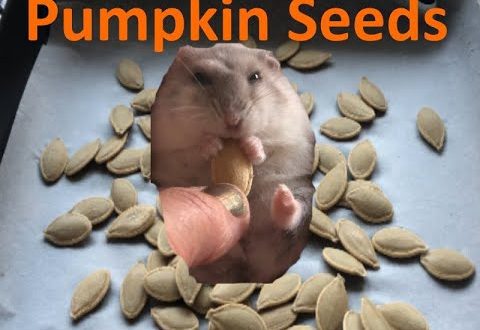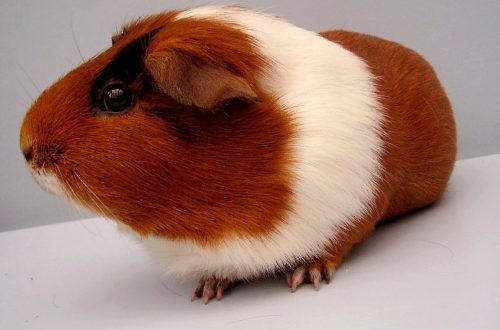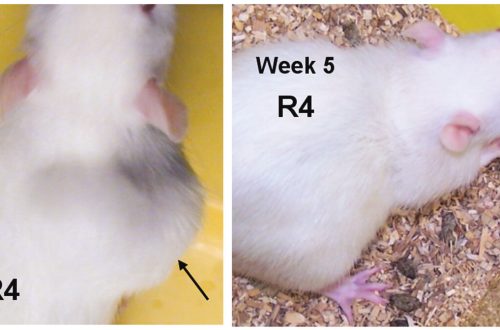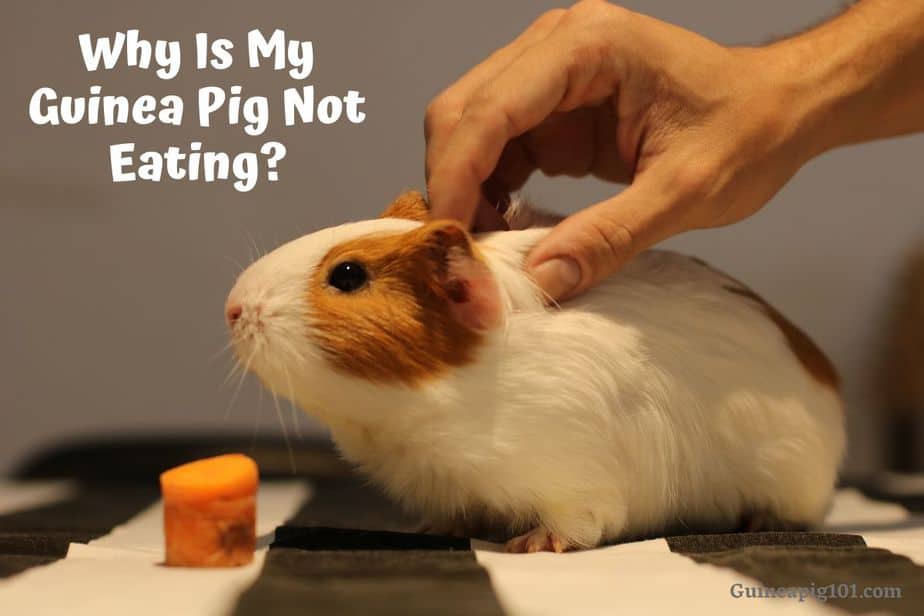
Guinea pig won’t eat or drink, what should I do? Reasons for not eating.
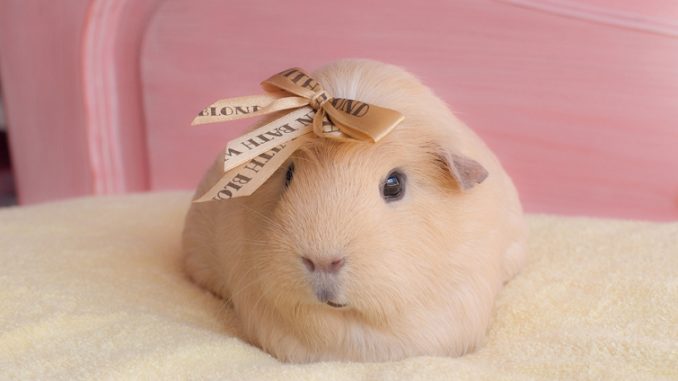
Guinea pigs have a good appetite and excellent mood. A healthy animal always chews something, joyfully rushes to the offered treat and the hands of its beloved owner. If the guinea pig does not eat or drink, becomes drowsy and lethargic, then the little pet is sick. During the period of wakefulness, he does not move, refuses treats and fun games with a person. Lack of appetite and lethargy are a symptom of many infectious and non-contagious diseases in rodents. If the guinea pig is not eating, you need to contact a specialist as soon as possible who will diagnose and prescribe treatment.
Contents
Why did the guinea pig become lethargic, stopped eating and drinking
Sometimes a cunning animal refuses to eat in the hope of getting his favorite treats, but most often the lack of appetite signals the presence of pathologies in the body of a little friend.
dental problems
Dental diseases in guinea pigs due to violations of the feeding regimen and hereditary anomalies are one of the common reasons for the animal to refuse food. With dental pathologies, there is an excessive growth of the anterior incisors, crowns or roots of the cheek teeth, chips or fractures of the teeth, which injure the mucous membrane of the gums, tongue, eye and nasal structures.
The pet becomes:
- lethargic and eating poorly;
- takes a long time to sort out food and scatter it;
- when chewing, part of the food falls out of the mouth;
- there is profuse salivation;
- digestive disorders;
- blood streaks in saliva;
- ulcers and fistulas on the cheeks;
- purulent discharge from the nose and eyes.
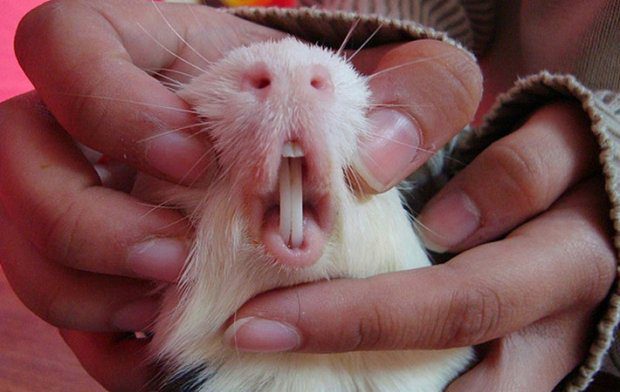
What to do about dental diseases in guinea pigs?
Treatment of dental diseases is carried out in a veterinary clinic, where, after examination and X-ray examination, the specialist grinds incisors, trims hooks, polishes teeth and irrigates the oral cavity with antiseptic solutions in case of stomatitis and gingivitis.
Pathology of the gastrointestinal tract
Disorders of the gastrointestinal tract in guinea pigs occur when the feeding of furry pets is disturbed or infectious diseases are most often observed in domestic rodents:
- diarrhea;
- constipation;
- bloating.
Diarrhea
The cause of the pathology is the use of low-quality feed in the diet. These can be rotten fruits, poisonous or chemically treated herbs. Forbidden treats, stale water, infectious diseases and stress can also cause diarrhea. When sick, a fluffy rodent eats little or completely refuses to feed. He becomes lethargic and lethargic. He has frequent fetid liquid stools mixed with foam and blood. If the guinea pig does not drink and has lost a lot of weight, dehydration and death are possible.
What to do with diarrhea in a guinea pig?
At home, during the first day of the disease, you can drink to a sick pet:
- rice decoction;
- oak bark;
- Smect.
If the diarrhea does not stop, it is urgent to call a specialist. Therapeutic measures include drip infusions of saline solutions and a course of antibacterial drugs.
Constipation
Constipation in small rodents develops as a result of:
- lack of coarse, succulent feed and water in the animal’s diet;
- physical inactivity;
- inflammation of the stomach and intestines;
- the formation of neoplasms, cysts and adhesions in the intestine.
Pathology is dangerous for the development of intestinal cancer, intoxication of the body with fecal poisons and the death of a beloved pet.
When a fluffy animal becomes ill:
- does not eat anything;
- there are no feces in the cell;
- feces can be small and very dry;
- vomiting occurs;
- anal fissure;
- rectal prolapse.
The sick animal is very lethargic, painfully reacts to touch, through the abdominal wall you can feel the stagnation of feces in the intestines.
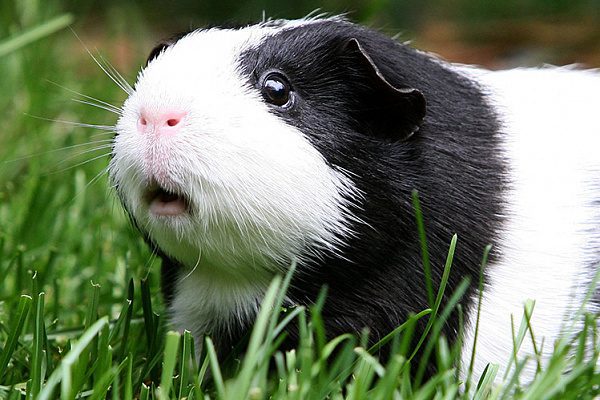
What to do with constipation in a guinea pig?
The first aid is vaseline oil, which needs to be fed to the furry patient every three hours. After that, you need to massage his stomach. You can put a small pet microclyster Microlax. The introduction of 2 ml of a laxative into the rectum of the animal should help the pet. Be sure to feed the guinea pig with fractionally ground hay. Drink water with probiotics.
Bloating
Bloating of the stomach and intestines in domestic rodents occurs against the background of fermentation processes in the gastrointestinal tract. Pathology is dangerous by rupture of the wall of the stomach or intestines with accumulated gases with the development of peritonitis and instant death. The disease occurs when animals are fed a large amount of wet green grass or root crops. Fermentation may be due to:
- spoiled hay;
- poisonous plants;
- poor quality water.
Sometimes bloating is a symptom of an infectious disease. The sick animal completely refuses food and water. He becomes depressed and inactive, sits or lies in one position, breathes heavily. He has enlarged eyeballs. The rodent gnashes its teeth, when the abdomen is tapped, soreness and drum sound.
What to do with bloating in a guinea pig?
To save the life of a small animal, it is necessary to drink any children’s carminative to the fluffy patient, followed by a massage of the abdomen, it is advisable to make your beloved pet move for a better discharge of gases. The guinea pig is prescribed a starvation diet for the first day, until complete recovery from the animal’s diet, it is necessary to exclude green grass, fruits and vegetables, which after recovery can be gradually introduced in a very limited amount.
Stress
With a change of scenery, sharp cries, intrusive attention of a person and pets, or fright, guinea pigs completely refuse food and water, lethargy, oppression and hair loss are observed. A strong fright is fraught with the development of a heart attack or stroke in an emotional animal, which can die on the spot.
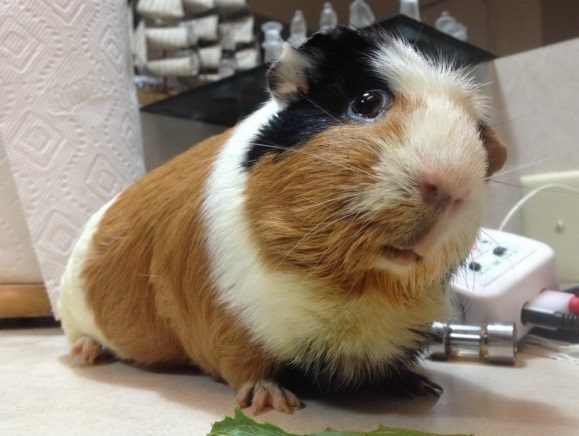
What to do about stress in a guinea pig?
The treatment for a frightened pet is to create a calm environment. You can put the cage with the animal in a quiet, semi-dark room and treat it to your favorite treats. You should protect your furry friend from any stressful situations. The guinea pig will calm down, adapt and return to the normal rhythm of life without the use of drugs.
Heatstroke
The maintenance of fluffy rodents in a room with an air temperature above + 18C or in direct sunlight is dangerous by overheating the animal’s body, in which the nervous, respiratory and cardiovascular systems malfunction. Prolonged overheating of a guinea pig is often the cause of the sudden death of a beloved pet. With pathology, the fluffy rodent becomes depressed, refuses food and water, there is frequent breathing and heartbeat, loss of consciousness, impaired coordination and convulsions, pallor of the tongue and mucous membranes.
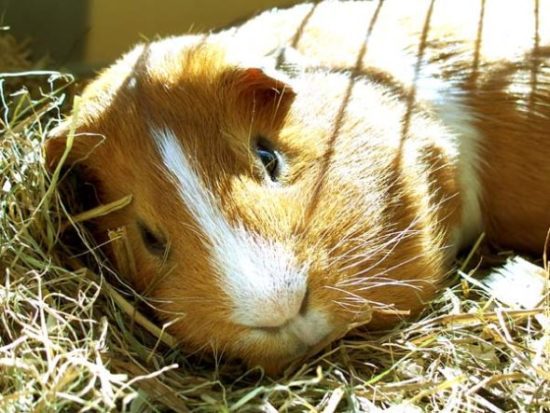
What to do about heat stroke in a guinea pig?
The cage with a little friend must be moved to a cool, dark place, the animal should be given water from a syringe and a veterinarian should be called urgently, who will give the little patient injections of drugs that support the work of the heart and lungs.
If your beloved cheerful pet suddenly becomes sad, refuses food and is rapidly losing weight, you should not waste time and hope that the guinea pig will recover on its own. The pathologies of rodents are characterized by a rapid course with the development of very serious complications and sad consequences. Saving a small animal and extending its carefree life depends on the care of the owner and the timely appeal to a specialist.
Video: how to save a guinea pig from the heat
What to do if a guinea pig stops eating or drinking
3 (60.32%) 124 votes



